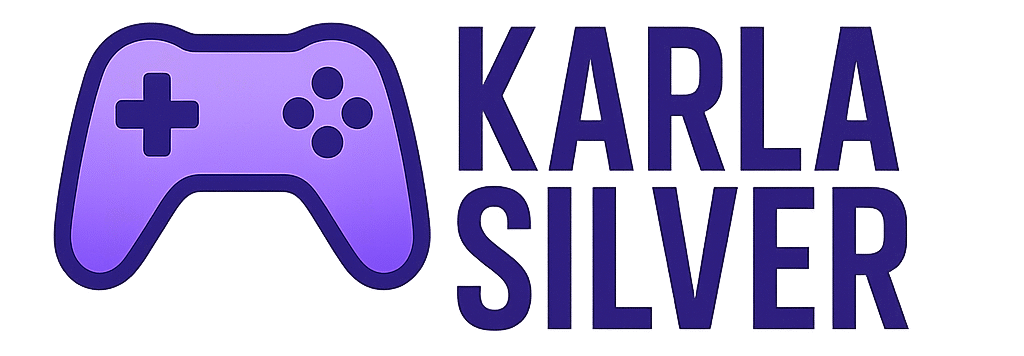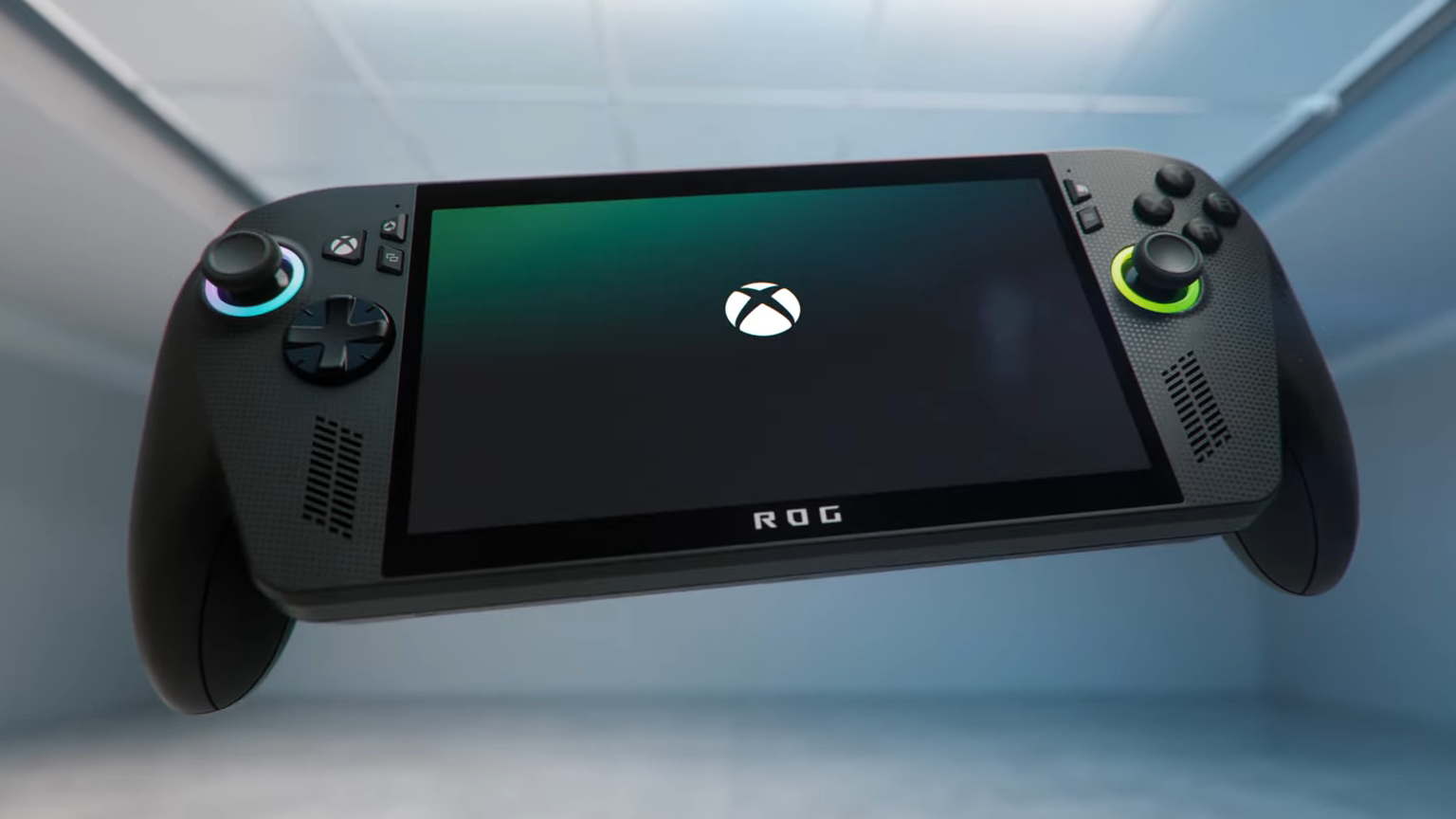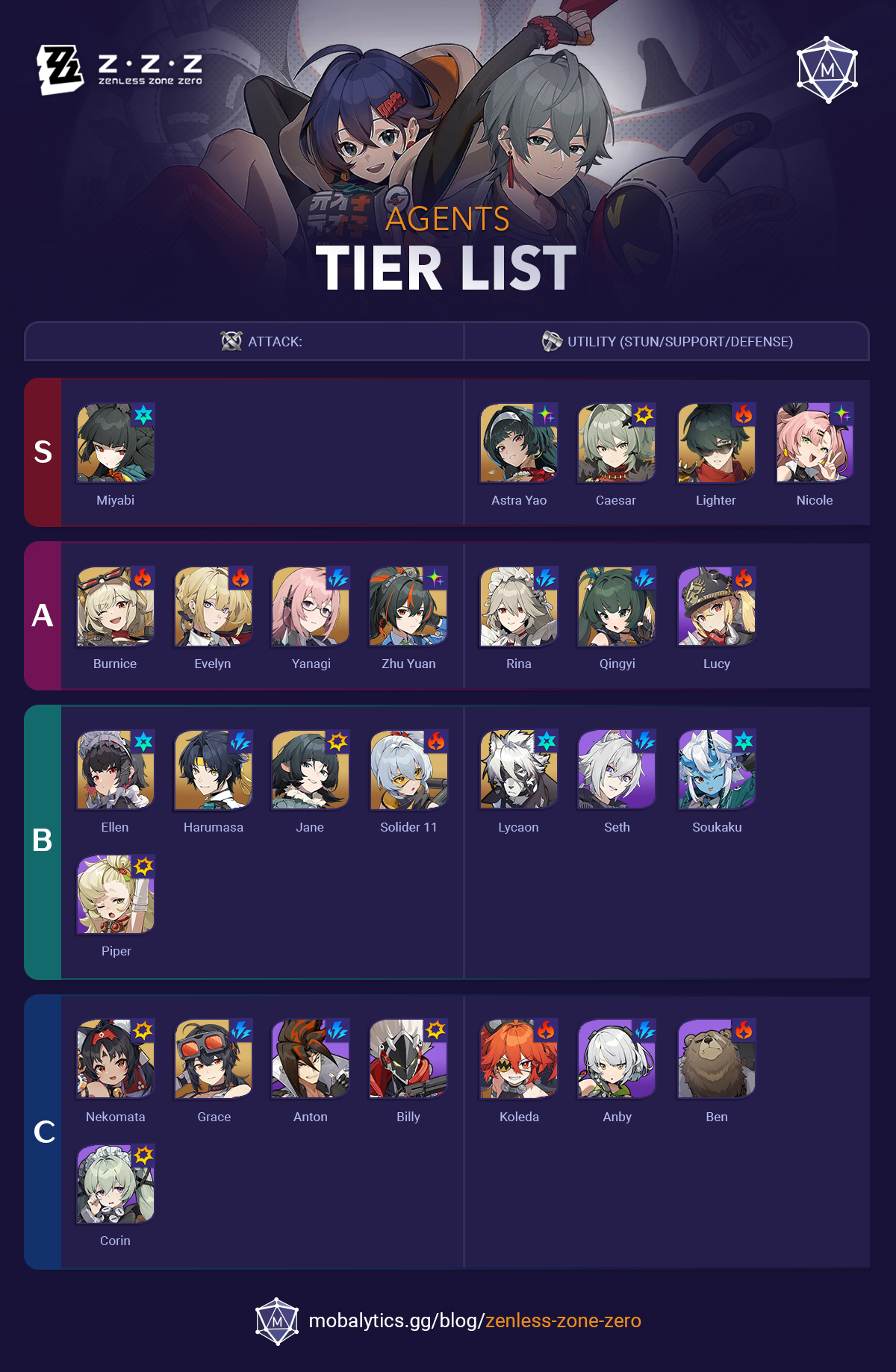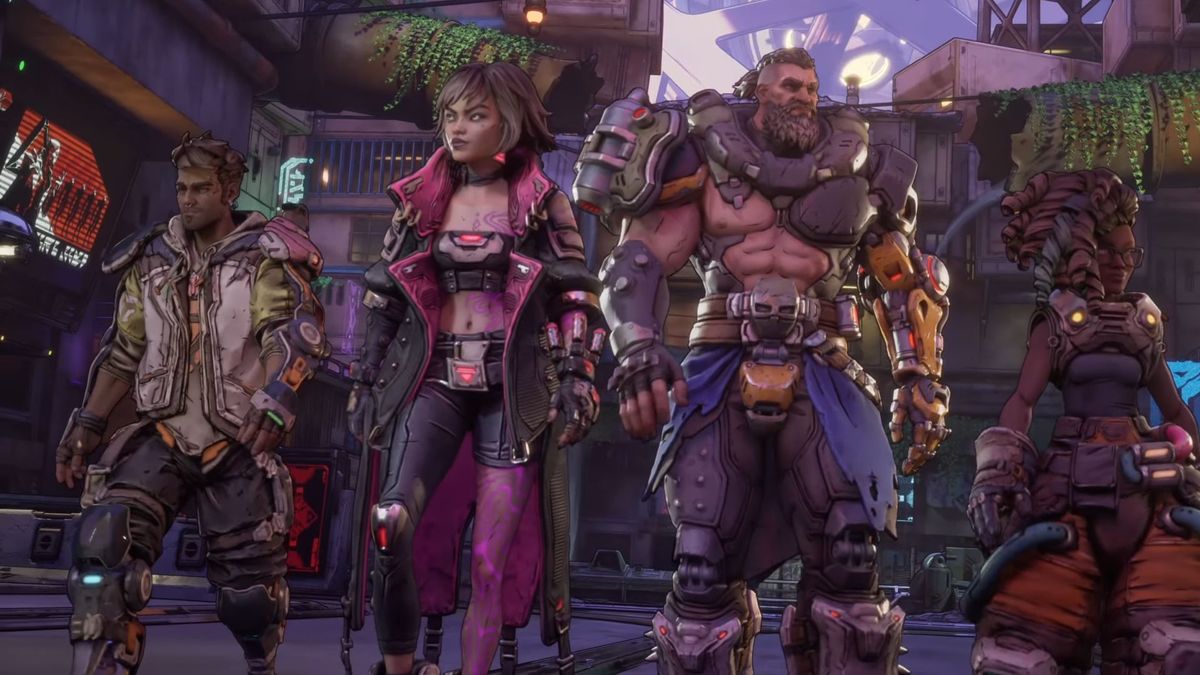The gaming landscape is always evolving, and recent whispers in the industry suggest that Microsoft’s Xbox handheld may be ‘essentially cancelled’. Despite the anticipation surrounding this development, it appears that the focus is shifting towards new horizons in portable gaming, with collaborations that may redefine what it means to play on the go.
While the news might disappoint fans eagerly awaiting a standalone Xbox handheld, this pivot could signal a broader strategy, embracing a future where gaming is not limited by hardware boundaries. Let’s delve into what this means for Xbox and the future of handheld gaming.
Why did Microsoft cancel its Xbox handheld?
Microsoft’s decision to pull back from releasing an Xbox handheld device has raised eyebrows and questions. It seems that the company is re-evaluating the market and its own strengths, recognizing the intense competition from established handheld consoles like the Nintendo Switch. Additionally, Microsoft’s success with Game Pass and cloud gaming suggests a strategic shift towards services over hardware.
The move away from a dedicated handheld console allows Microsoft to focus on its core offerings, ensuring that its gaming ecosystem remains robust and interconnected. This software-centric strategy aligns with the company’s broader vision for gaming accessibility across devices, negating the need for another piece of hardware.
It is also worth considering the significant investment and risk associated with developing and marketing new hardware in a competitive space. By avoiding these, Microsoft can direct resources towards enhancing its existing services and collaborations with third-party manufacturers.
What is the ROG ally and how does it relate to Xbox?
The ROG Ally is an intriguing development borne from the collaboration between Asus and Xbox. This device represents a new breed of PC-based handheld gaming that benefits from Microsoft’s gaming ecosystem. The ROG Ally leverages cloud gaming and Game Pass to deliver a versatile gaming experience.
By collaborating with Asus, Microsoft can tap into the company’s expertise in high-performance gaming hardware. This partnership is a testament to the potential of third-party alliances to enrich the Xbox ecosystem without Microsoft needing to manufacture its own handheld.
Essentially, the ROG Ally could be seen as a preview of Microsoft’s future in gaming: a future that is not tied to a single device but rather to a cloud-based library of games that can be enjoyed anywhere, on any capable device.
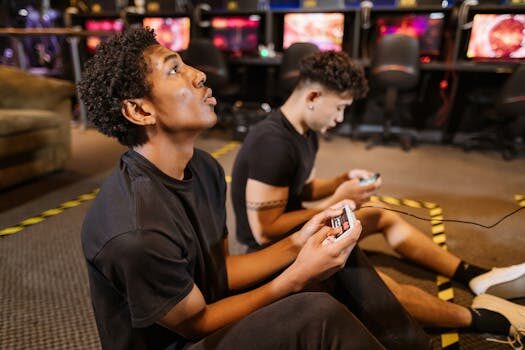
Devices like the ROG Ally could help to bridge the gap between PC and console gaming, offering flexibility and convenience to gamers who desire the best of both worlds.
What are the implications of Xbox’s shift towards software-centric strategies?
Microsoft’s decision to focus on software rather than hardware has significant implications for the gaming industry. This shift towards a software-centric approach means an even greater emphasis on services like Xbox Game Pass and cloud gaming solutions.
- Enhancement of cross-platform capabilities, allowing gamers to play their favorite titles on various devices, including PCs, consoles, and mobile platforms.
- Potential for a more inclusive gaming community, as gamers are no longer restricted by the need to own specific hardware.
- Opportunities for Microsoft to innovate in the realm of gaming services and set new industry standards.
Additionally, this strategy aligns with the growing trend of subscription-based models, which have been gaining traction across various digital content platforms. By focusing on software, Microsoft is positioning itself at the forefront of this movement within the gaming sector.
When is the Xbox handheld expected to release?
Given the current state of affairs, it is uncertain when, or even if, an Xbox handheld will release. The original rumors suggested a potential launch window, but with recent developments, those plans appear to have shifted.
Microsoft seems to be exploring new avenues of portable gaming through partnerships, and the emphasis on a standalone Xbox handheld has waned. It’s a reminder of the ever-changing nature of the tech industry and the need for companies to adapt to new trends and consumer expectations.
How will third-party collaboration shape the future of Xbox hardware?
Third-party collaboration is set to play a crucial role in the future of Xbox hardware. By working with established hardware manufacturers, Microsoft can leverage their expertise and innovation, leading to creative and diverse ways of engaging with the Xbox ecosystem.
This collaborative approach means that Xbox’s presence in the gaming market can extend beyond traditional consoles to include a variety of devices, all unified by Microsoft’s gaming services.
- Collaborations like the one with Asus for the ROG Ally indicate the potential for high-quality, Xbox-compatible devices that are optimized for gaming on the go.
- These partnerships can lead to cost-effective solutions for consumers who want to enjoy Xbox games without investing in a traditional console.
- The synergy between Xbox’s software and third-party hardware can foster innovation and push the boundaries of what is possible in gaming technology.
What are the challenges facing Xbox in the handheld market?
Microsoft’s Xbox faces several challenges in the handheld market, not least of which is the dominance of competitors like Nintendo. The handheld gaming space requires a unique approach to hardware design, distribution, and game development, aligning with the on-the-go nature of these devices.
 The Steam Deck 2 doesn’t need to happen because Valve will win either way (though I hope it does)
The Steam Deck 2 doesn’t need to happen because Valve will win either way (though I hope it does)
Furthermore, the increasing popularity of mobile gaming presents another obstacle, as smartphones offer a convenient and accessible platform for gaming. Microsoft must differentiate its offerings to stand out in this crowded market.
There’s also the challenge of integrating Xbox’s services seamlessly into handheld devices without compromising performance or user experience. Balancing these factors is key to competing in the handheld gaming sector.
Is the Xbox handheld canceled for good?
While the initial plans for an Xbox handheld appear to be shelved, it’s not necessarily the end of the road. The gaming industry is known for its rapid advancements and shifts in direction. Microsoft’s strategic focus on software and services, along with third-party collaborations, may yet yield a form of Xbox handheld in the future.
By staying flexible and responsive to market trends, the door remains open for Microsoft to revisit or reinvent the concept of an Xbox handheld device. The vision for portable gaming within the Xbox ecosystem may evolve, but it certainly isn’t off the table entirely.
Exploring the Asus Xbox Ally and its impact on gaming
The Asus Xbox Ally stands as a testament to the potential impact of third-party hardware on the gaming experience. This collaboration showcases how the power of the Xbox gaming ecosystem can be harnessed in new, innovative form factors.
Devices like the ROG Ally could redefine gaming mobility, offering gamers the flexibility to play their favorite Xbox titles on a device that’s built with the gamer’s needs in mind. It’s a step towards a future where gaming is not confined by the device but empowered by it.
Preguntas relacionadas sobre Xbox Handheld’s Future and Alternatives
Did Xbox cancel their handheld console?
The notion that the Xbox handheld is ‘essentially cancelled’ is grounded in recent developments. Microsoft has not officially released a statement confirming a dedicated handheld device, and industry insiders indicate that plans have shifted towards software and partnerships.

The focus now seems to be on enhancing the gaming experience across a range of devices, rather than producing a standalone handheld console, signifying a major strategic pivot for the company.
Is the Xbox handheld coming out?
As of now, there is no confirmed release date or concrete plans for an Xbox handheld to come out. The information available suggests that Microsoft’s strategy is leaning more towards cloud gaming and the integration of Xbox services on multiple platforms.
While this means a dedicated Xbox handheld console is unlikely in the immediate future, the concept of portable Xbox gaming remains open through alternative means like the ROG Ally.
Did Xbox cancel the Xbox ROG Ally?
There’s no indication that the Xbox ROG Ally has been cancelled. It appears to be part of Microsoft’s broader plan to expand its gaming ecosystem through third-party hardware collaborations.
This partnership with Asus represents a strategic move to integrate Xbox gaming capabilities with other devices, effectively offering an alternative to a proprietary Xbox handheld console.
Is Microsoft reportedly canceling in house Xbox handheld focusing on ASUS ROG devices?
Reports suggest that Microsoft is indeed shifting focus away from an in-house developed Xbox handheld and toward fostering partnerships, such as the one with ASUS for the ROG devices. This collaboration exemplifies a new direction that combines the strengths of both companies to offer innovative gaming solutions.
By concentrating on software and cloud-based services, Microsoft can enhance its gaming ecosystem and create a more versatile gaming experience without being tied to a specific hardware launch.
 Wizards of the Coast dispels rumours that Tencent wants to gobble up D&D like a tarrasque: ‘To be clear: we are not’
Wizards of the Coast dispels rumours that Tencent wants to gobble up D&D like a tarrasque: ‘To be clear: we are not’